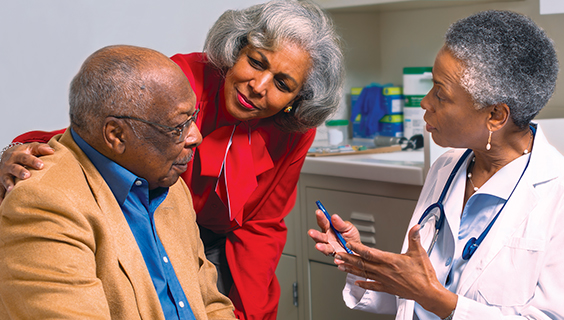- Empty cart.
- Continue Shopping
The Role of Vaccines in Travel Safety

Traveling to new destinations can be an exciting and enriching experience, but it also comes with health considerations. Depending on your destination, you may encounter various infectious diseases that you might not be exposed to in your home country. Vaccines play a crucial role in travel safety by helping protect travelers from potentially serious or life-threatening diseases they may encounter while abroad.
1. Disease Prevention
The primary role of vaccines in travel safety is disease prevention. Many countries require proof of vaccination against certain diseases as a condition of entry. For example, yellow fever vaccination may be mandatory for travelers entering certain countries in Africa or South America. By getting vaccinated, you not only protect yourself but also prevent the spread of diseases across borders.
2. Personal Health Protection
Traveling to unfamiliar regions can expose you to diseases that may not be prevalent in your home country. Vaccines provide a layer of protection against illnesses like typhoid, hepatitis A, and meningitis. By getting vaccinated, you reduce your risk of contracting these diseases during your trip.
3. Herd Immunity
Vaccination also contributes to herd immunity, which is essential for protecting vulnerable populations, such as infants, the elderly, and individuals with compromised immune systems. When a significant portion of the population is vaccinated against a disease, it becomes less likely to spread, ultimately benefiting everyone.
4. Peace of Mind
Knowing that you’re protected against certain diseases through vaccination can provide peace of mind during your travels. It allows you to focus on enjoying your journey rather than worrying about potential health risks.
5. Timely Vaccinations
Some vaccines require multiple doses over several weeks to provide full protection. Planning your vaccinations well in advance of your trip ensures that you’re adequately protected by the time you depart.
6. Travel Health Clinics
Consider visiting a travel health clinic or consulting with a healthcare provider who specializes in travel medicine. They can assess your specific travel plans and recommend the vaccines and health precautions needed for your destination.
7. Stay Informed
Stay informed about travel advisories and health alerts issued by your government or international health organizations. These advisories may include information about disease outbreaks in specific regions.
8. Routine Vaccinations
In addition to travel-specific vaccines, make sure your routine vaccinations (e.g., measles, mumps, rubella, influenza) are up to date. Some countries may require proof of routine vaccinations for entry.
9. Preventive Measures
While vaccines are a critical aspect of travel safety, they are not the only means of protection. Practicing good hygiene, such as frequent handwashing and using hand sanitizer, can also help reduce your risk of illness while traveling.
10. Travel Insurance
Consider purchasing travel insurance that covers medical emergencies. This can provide financial protection in case you require medical care or evacuation during your trip.
In Conclusion, Vaccines are a cornerstone of travel safety, helping protect both individual travelers and the global community from the spread of infectious diseases. When planning international travel, make vaccination a priority by researching the vaccine requirements for your destination and consulting with healthcare professionals or travel health clinics. By taking proactive steps to protect your health through vaccination, you can enjoy a safer and more worry-free travel experience.








